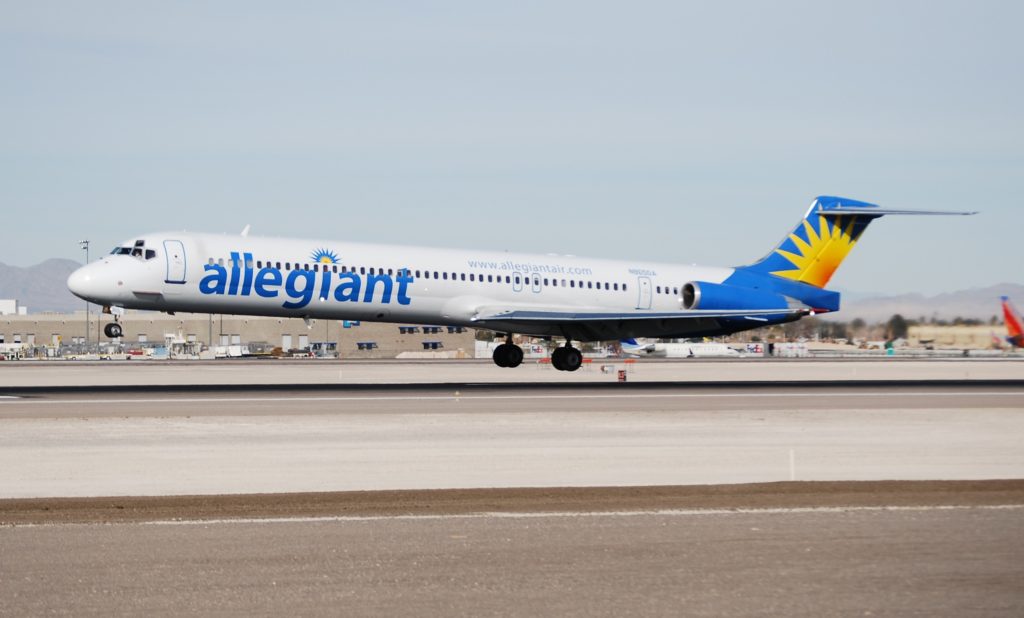With consolidation in the US airline industry since the 2000s, a new airline has the potential to be a big deal. And if a former CFO of United Airlines can get his way, it will be.
Andrew Levy used to be an executive at United Airlines but left last May. He is looking to start a brand-new US-based ultra low cost carrier by the end of this year or early 2020. How will he do it? Well, he’s actually well on his way.
The Groundwork Is In Place
Last August, Levy purchased XTRA Airways, a Florida-based charter company that operated two Boeing 737s for Hillary Clinton’s presidential campaign. Later in 2018, XTRA sold most of its assets to Swift Air, another charter operation. Most importantly though, XTRA still had its own commercial airline certification — one that Levy can use to get his own yet-to-be named airline off the ground.
Now, he’s looking to raise $100 million by June and lease five Boeing 737s to start up operations several months later. Apparently, he’s well on his way to doing that already.
The Low Cost Ambition

Levy is the co-founder of ULCC Allegiant
Levy already is a veteran in this space. His experience includes being the co-founder and president of Allegiant Airlines, one of the three major ultra low cost carriers in the US alongside Spirit and Frontier.
He says he doesn’t want to replicate the model of those airlines but instead wants to differentiate with a simplified fee structure and better customer service.
That’s certainly not what we’re trying to do, is out-Spirit Spirit or out-Allegiant Allegiant or anybody else like that. We aim to do something that’s different.”
Additionally, Levy wants to avoid as much competition as he can from the bigger legacy airlines by targeting lower-cost, second-tier airports and doing point-to-point services rather than using a hub-and-spoke operation. He calls this creating a “defensible” network that the big airlines won’t try to respond to.
The Upshot
If this sounds a bit familiar, you’re right. The former founder of JetBlue is starting his own low cost airline, temporarily dubbed “Moxy,” in early 2020. That operation would use new or gently used Airbus A220s, and have a similar business model using point-to-point, underserved airports to potentially even create transatlantic routes.
No startup airline has been successful since Virgin America was created back in 2006 (and subsequently sold to Alaska). Personally, I’m a bit skeptical that a ULCC could have good customer service as well as a pricing structure that’s customer-friendly and be successful.
It sure will be interesting to see if these two new startup airlines have the potential to take-off.
H/T: WBUR Radio, Boston
The responses below are not provided or commissioned by the bank advertiser. Responses have not been reviewed, approved or otherwise endorsed by the bank advertiser. It is not the bank advertiser's responsibility to ensure all posts and/or questions are answered.